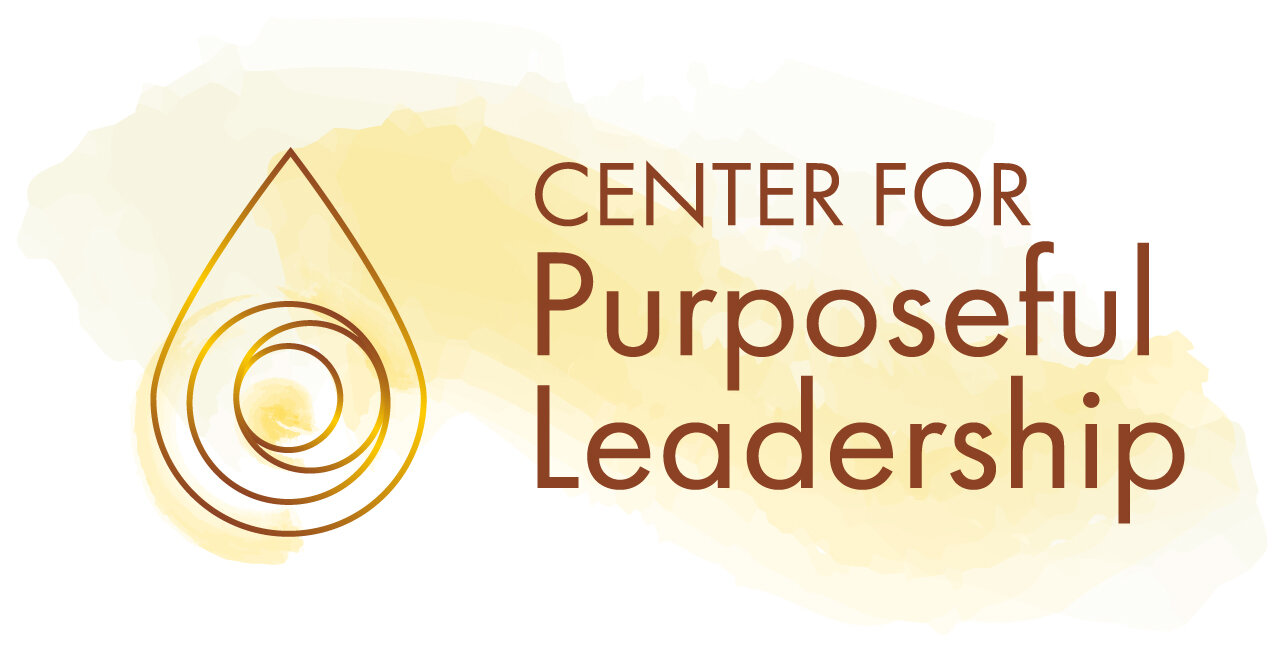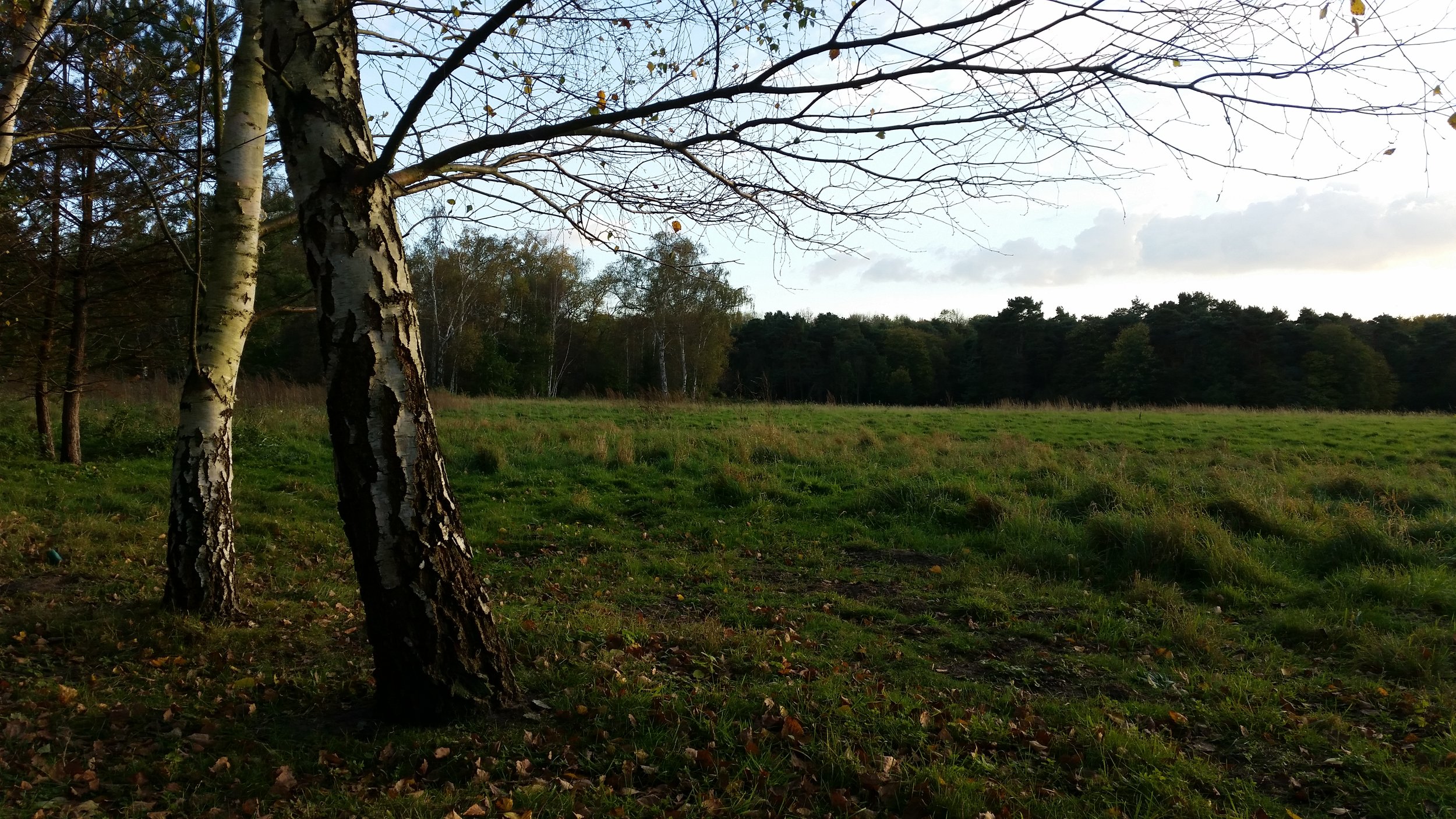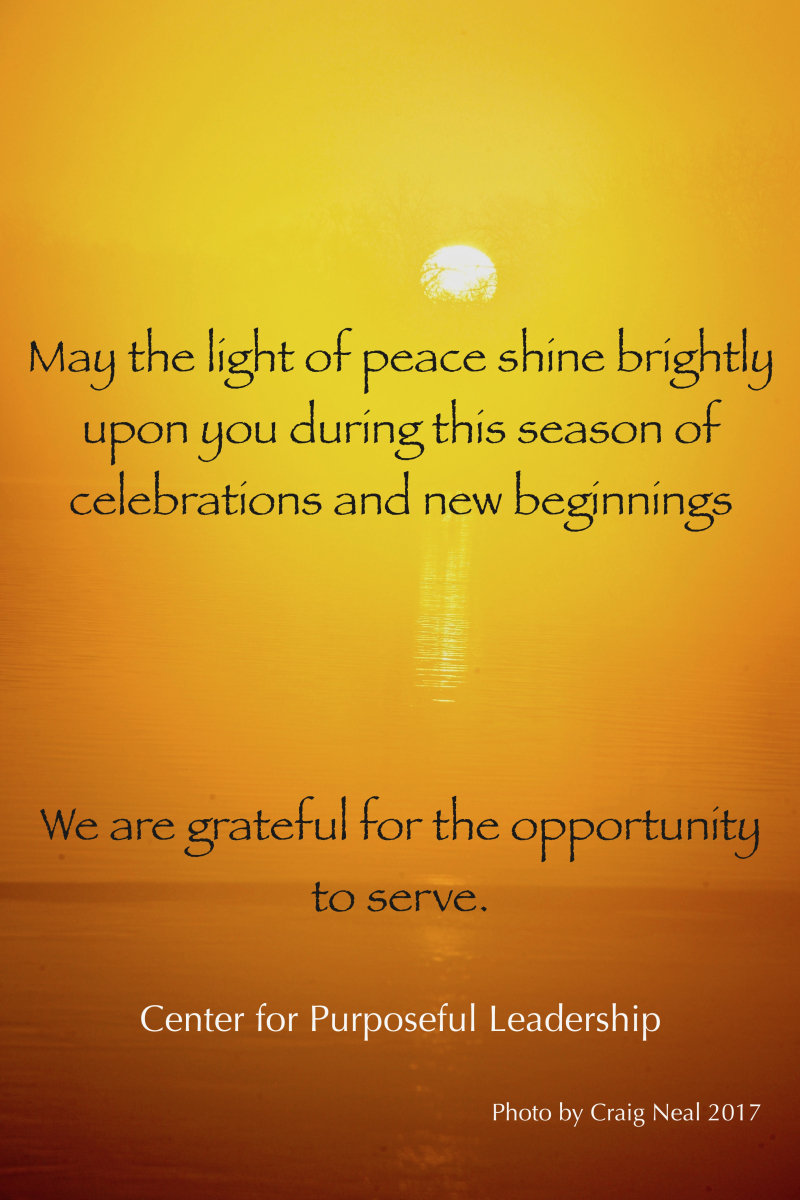Report from the Field: Convening and Flushing Your Toilet
/"Over 30 years I have come to learn that we need to protect the environment WITH you, not FROM you."
Welcome! This is the first in a new series on creating purpose in your life and work and how leaders convening with purpose create the outcomes you want. Let's get to it..
Bet you never thought about what happens when you flush the toilet or watch the water go down your sink. Bob Nordquist not only cares, but has created a unique workshop for customer engagement in a 3.5 million population system. Watch Bob tell his story about how he implemented a recent successful workshop using convening skills, focused on purpose.
In this segment, Craig Neal interviews Bob Nordquist, Industrial Waste and Pollution Prevention Manager at Environmental Services in the Metropolitan Council of the Twin Cities, and Art of Convening graduate.
Click here to watch video [6:39 minutes]
#PurposefulLeadership #Purpose #Leadership #Convening #ArtofConvening #AuthenticEngagement
StoryNotes
Craig: Tell me a bit about your position at MCES
Bob: I am the Industrial Waste & Pollution Prevention Manager. With a staff of 30 engineers, scientists, technicians and administrative staff, we issue and administer permits to over 850 Industrial Users of the sanitary sewer system, to protect the rivers of our region and our facilities, sewer workers and the public health. We do this by controlling the discharge of pollutants to the sanitary sewer.
Craig: Frame the IW workshop – purpose/intent/goals
Invitation? How did you frame? Why should they come and how many did come?
Bob: I opened the workshop by telling our Industrial Users that I came to this job 30 years ago, fresh out of college and eager to protect the waters of our region and that my attitude at the time was that I had to protect the environment from – you the Industrial Users. Over 30 years I have come to learn that we need to protect the environment WITH you, not FROM you. This shows our overall purpose – to invite the Industrial Users, our customers, to join us in collaboration to meet a common goal. The goal of the workshop was to show that this was an actual, tangible change and not just lofty words.
Craig: Tell me about the format and how it was different than the past workshops – what was unique?
How was the physical space different and how did you create the container?
Bob: It was a conversation rather than a lecture.
The first change we made was to the name of the event. For sixteen years we had held an annual Industrial Customer Forum. There was a lot of PowerPoint to present our rates for the next year and a few slides on what was new in Environmental Regulations. There was a short question and answer session, but the meeting was held late enough in the year, that it was unlikely anything would change, especially concerning the rates. Our attendance had dwindled to the point where only 12 people had shown up in the previous year.
This year we changed this to an Industrial Workshop and we held it in April. We had an idea what next year’s rates were going to be and we knew what was driving them, but they were not ready to propose yet. We set this up so that after a short introduction to tell people what to expect about the format, and to stress our commitment to action, we pulled the dividers in the meeting room and broke into two small groups – one for financial issues and one for regulatory issues. We sat in a circle with a facilitator and introduced topics, then encouraged our customers to share their thoughts. We had a staff member recording the notes on large easels.
Another change is that prior to the actual workshop we hosted an open house, with informational tables with staff to answer questions and promote conversations.
Craig: Tell me about the outcomes/learnings for you personally and for ES.
Bob: We learned we have willing partners. I learned to take a risk. I learned a lot about my staff and how professional they are.
I'm interested in the “listening session.” Why was that important and how did you create the comfort?
Bob: We had specific comments in several areas that we are working on addressing. These areas included financial topics and showed that there was interest in looking at evening out some of our fees and making them more transparent. There are teams working on these now and stakeholders that we need buy-in from before I can get more specific.
We did learn that our customers appreciated the honesty and commitment to action that we demonstrated in this process. They were also pleasantly surprised with the format, in that they were expecting to be lectured to again, but instead, we sat back and listened. Not that education isn’t important and there are important things they need to know about us, but we’ve done that for years. It was time for us to listen to them.
The other thing we learned is that we need a bigger room or more of these sessions. Instead of 12 people we had over 50. That tested the limits of our facilities and staff, but it probably added to the energy and enthusiasm with which staff and attendees approached this.
Craig: Tell me about how the Art of Convening may have played a part in the success of the workshop.
Bob: I think Art of Convening played two important roles in our success. First, it gave us a wider range of tools to consider as far as creating the container and hearing all of the voices. And second, it gave us a structure to follow to make sure that with this radical change, we weren’t forgetting a vital step.
Art of Convening gave us gave us a checklist to follow using the Convening Wheel. The Invitation, understand what's At the Heart of the Matter, what is a real Commitment to Action. During the planning stage of this meeting, you and I talked about a commitment to action as the most important takeaway.
If we go through this whole process and get the comments we were seeking, it was going to come back and bite us if our customers feel it was a waste of their time. We committed to presenting the results to the Executive Team, but that ended up being unnecessary. Most of the Executive Team, including the General Manager was at the workshop and actively participating and listening.
Thank you, Bob, for your time and commitment to organizational excellence at the Met Council! Stay tuned for future vlogs in this series!













NEW!! Art of Convening Self-Paced Leadership Course
Ignite Your Purpose Through the Power of Convening